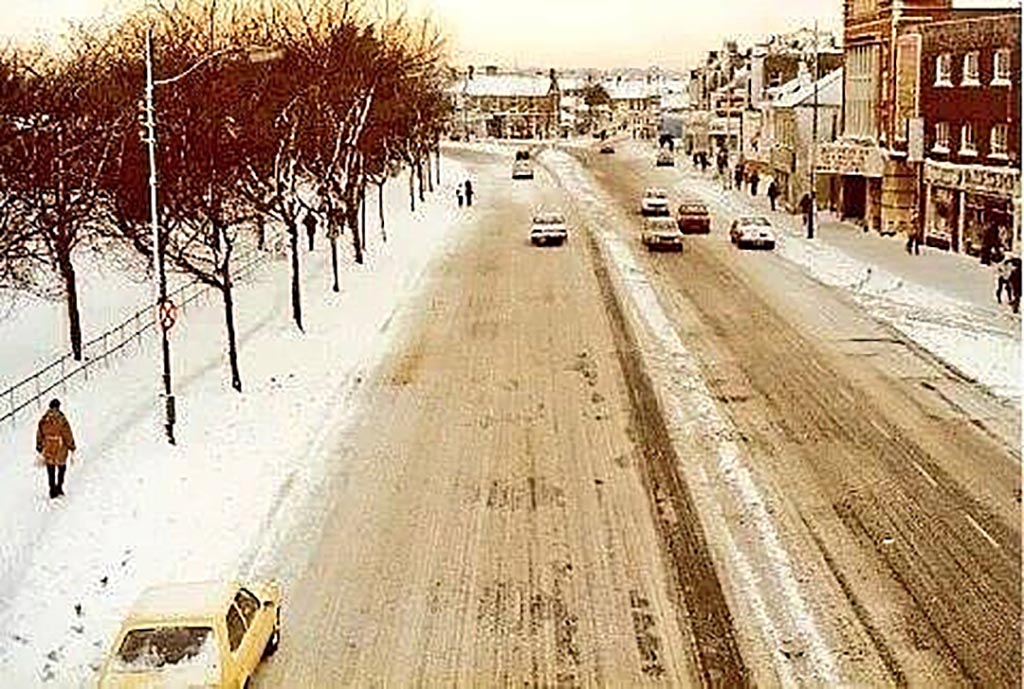SO-CALLED weather events seem to dominate the headlines these days. In Dublin, we barely noticed Storm Dylan before Eleanor arrived in town for what turned out to be a flying visit.
Ophelia – which closed our schools for two days last October – is now just a distant memory. That’s not to take from the trail of destruction it left in many parts of the country, leading to three fatalities and bringing power disruption to thousands of homes and businesses.
Looking at last week’s television images of a flooded Salthill in Galway and the battered seafront in Lahinch, it was clear that Dublin – yet again – had got off lightly in comparison with some parts of the country.
There are so many storm warnings these days that we run the risk of suffering from weather fatigue and not taking them seriously enough. Even the practice of giving them human names can dilute their severity in our minds.
While adverse weather conditions are certainly not a new phenomenon in this country, warnings are now issued far more frequently. But rather than being an ominous sign of global warming, it possibly has more to do with meteorological advances in forecasting technology.
I can only recall two major weather events from my own childhood. The first was the big freeze of January 1982, when schools remained closed after Christmas, much to our delight, and we played in the snow from dawn till dusk.
The biggest hardship was running out of bread and milk as it took an expedition worthy of Tom Crean to get to the local shop; a journey further hampered by having to run the gauntlet of ferocious snowball ambushes at every corner.
We reluctantly returned to school a number of weeks later, dragging slush and muck into our classrooms. We’d never see the likes of it again, although the pre-Christmas snowfall of 2010 would come a close second.
In 1986, my uncle got married during Hurricane Charley, which made for an interesting wedding reception, with water leaking through the hotel roof onto the invited guests. That was the only storm I ever remember having a name, though.
None of this explains why we are expected to take more heed of weather warnings these days. Much of the damage to homes and businesses can possibly be attributed to poor planning during the Celtic Tiger era, with ill-advised decisions to build on flood plains or in areas exposed to rivers or the coast. In addition, traffic volumes are far higher now, increasing the risk of accidents when the road conditions are poor.
As a nation, we have always loved to discuss the weather. We have to be careful, though, that we don’t talk ourselves into complacency by turning every incidence of wind and rain into a crisis of biblical proportions.
